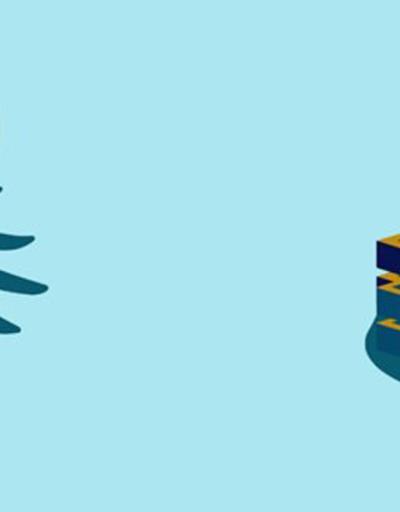Training
In addition to its diplomatic and legal actions and its roles as negotiator and mediator, the UNESCO Secretariat implements several awareness-raising and information activities.
In partnership with UNIDROIT, ICOM, INTERPOL, the WCO, UNODC, the Secretariat regularly organizes training in the form of regional or national workshops or seminars. The main objectives of these are to:
- Develop skills in preventing and combating illicit trafficking in cultural property, but also in restoring stolen or illegally exported objects;
- Prepare for the implementation of preventive measures in terms of inventories (whether archaeological objects or not),
- Raise awareness of the need to adopt effective national legislation and develop international cooperation in this field,
- Create contact at the local, national and regional levels to ensure general awareness of the dramatic consequences of the trafficking of cultural property in the impoverishment of populations.
The training activities include three elements:
- A legal component;
- An operational component;
- An educational and outreach program.
The Secretariat also makes available legal and practical Instruments answering questions concerning the illicit traffic of cultural property.
Culture professionals (museum managers or curators, archaeologists, etc.), customs officials, police and national officials (Ministries of culture, tourism, the interior and foreign affairs, etc.) are invited to participate.
Regional Capacity-building and workshops
E-Learning
In the framework of the partnership between UNESCO and the EU, UNESCO has developed two separate free online training courses for targeted audiences:
- European representatives of police forces, customs and the judiciary.
- European actors of the European art market (antique dealers, auction houses, gallerists, collectors), universities, experts and researchers


